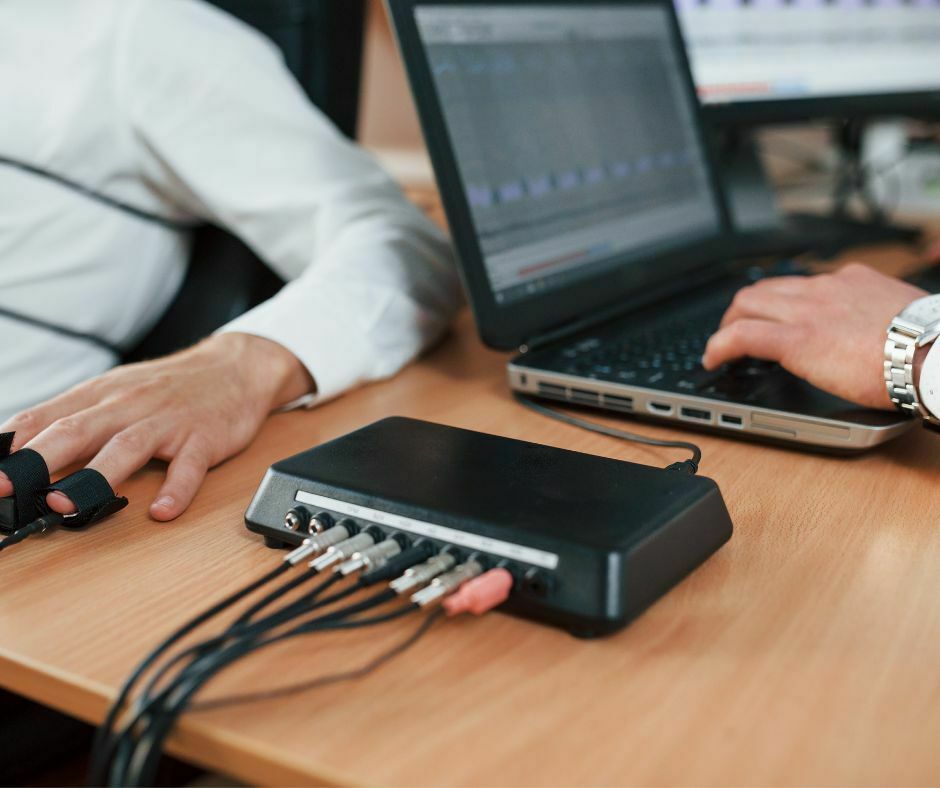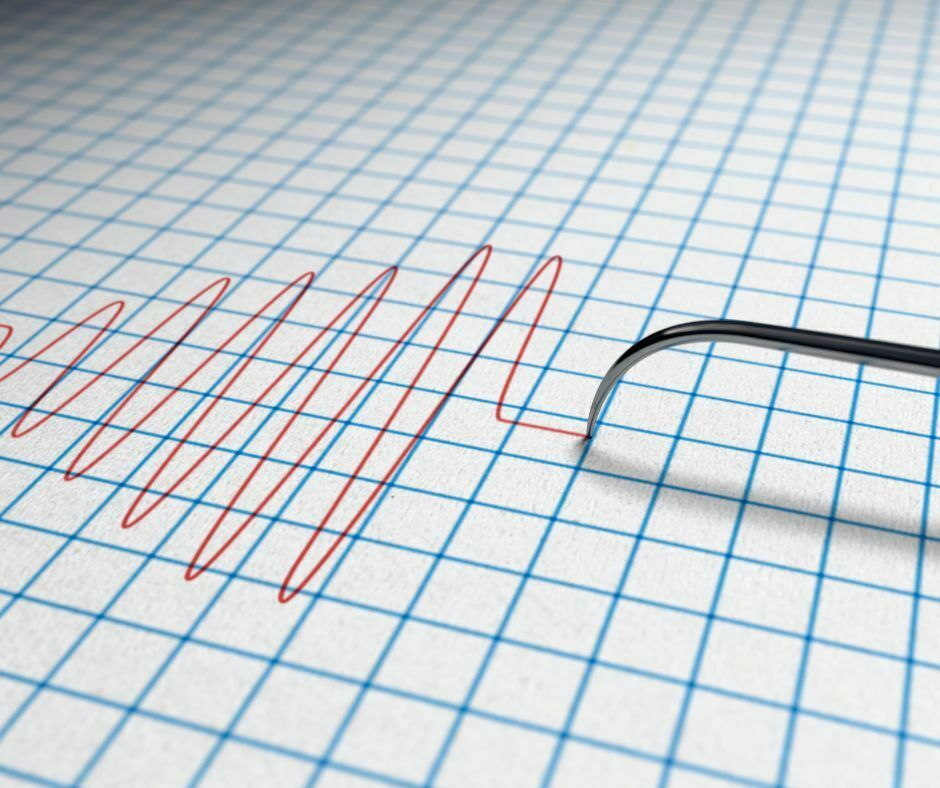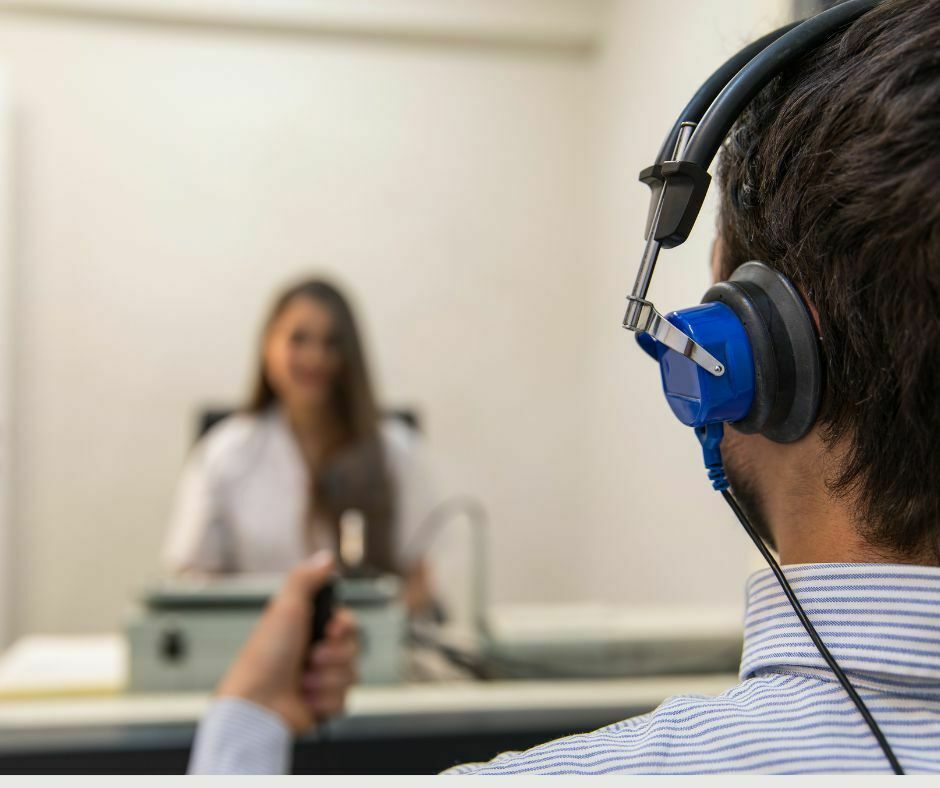Lies2light has a lie detector office near you. When one hears lie detector testing one tends to think the negative first. Usually what comes to mind is infidelity and a person's thoughts are about how it’s portrayed in films. Someone is lying, right? However, these tests are used for so much more than just to catch someone who is lying.
Being at the other end of accusations is not a pleasant place to be and therefore overcoming the thought that a lie detector test is only for criminals can help you respond to one-off accusations of infidelity, pre-marriage trust-building, to cement your relationship, provide clarity on unexplained trips and secrecy, get rid of that nagging voice, called doubt at the back of your mind, prove your innocence when it comes to cheating.
Maybe you are looking for answers to someone else’s behavior, maybe it is within your marriage, your family, or your inner circle of friends, and leaving these answers hanging in the air can lead to a lot of damage and stress.
Opting to do a lie detector test might seem daunting, however, it could be the first step toward healing and restoration.

Some people even feel they require repeated testing to maintain that level of clarity and trust between partners. Trust is a very fragile thing and once it is broken it is almost impossible to restore, therefore some people need stronger motivation than others to stay the course. A lie detector test can be used as an accountability tool to help in these situations.
If you hear of people having to take repeated tests, automatically one is inclined to think that they are forever hiding things, however, this is not always the case. For some, it is merely a way to keep themselves and others in check. No two persons are identical and what works for me might not work for you.
Believe it or not, a lot of relationships get restored, court cases, spouse quarrels, police investigations, and addictions get resolved through the use of these tests, and for a lot of people, it brings a sense of relief, closure, and the hope of a new beginning and who wouldn’t want that kind of peace of mind.
Another thought that might come to mind is, perhaps you are not the accused, but the accuser; how would you approach the situation to get someone to take a lie detector test without causing damage to the relationship. My answer to this would simply be, do it in love for that person, with respect and without the accusing finger. The key to this approach starts with you doing self-examination, what are your intentions? Is it an act of Love/Hatred?

Keep in mind that as long as you are not doing it out of revenge or vengeance whether the other party/s takes offense or not that the lie detector test is in everyone’s best interest in the long run. The way a person approaches a situation always determines the outcome. Whether it be good or bad.
Before we head into the next part of our post, let me leave you with this question to ponder on. If you were able to restore trust and save a relationship, save a person; would you not take any and all necessary steps to achieve that?
Now, with that question simmering in the back of your mind, let’s take a look at the different lie detector tests and also how they work.
What is a Lie Detector Test?
For those of you who are new in this space; a lie detector test is a method of determining whether or not someone is lying.
This can be done by either observing the person’s physical reactions or by asking them a series of questions.
There are three types of lie detector tests:
1) The Polygraph machine, which measures and records changes in the person's blood pressure, heart rate, and breathing patterns.
2) The voice stress analyzer test, which records changes in the person's voice.
3) The Guilty Knowledge Test, which asks the person questions that only someone with knowledge of a crime would know about.
The Polygraph Test

The polygraph is the most common type of lie detector test and works by measuring changes in blood pressure, respiration rates, and of course the heart rate.
What can you expect when taking a Polygraph Test?
Four to six sensors will be attached to you, then multiple “(poly”) signals from the sensors are recorded onto a single strip of moving paper - the graph.
It then measures your blood pressure, heart rate, and also your breathing, it can even sometimes record things like arm or leg movements.
Thereafter you will be asked 3 simple questions in order for the polygraph to establish the norms for your signals. Once completed the questioning of the real issue at hand will begin and each response will be recorded on the graph.
During the questioning, the examiner will be monitoring the graph in order to see significant changes in your blood pressure, heart rate, or raspatory rate. Significant changes then are an indication of dishonesty.
The voice stress analyzer test
This one says exactly what it does; it looks for changes in your voice.
The Voice Stress Analyzer helps record vocal stress by analyzing frequencies in your speech through a microphone plugged into a computer. As you speak, the numbers visible on-screen will display each individual frequency and how many times it occurs. At the end of an evaluation, the examiner will have access to all of these numbers in a text file.

As you know when one is put under stress, typically we will enter into a fight or flight mode, also known as Cognitive Dissonance. This state of fight or retreat causes our throat muscles to tighten and in turn affects our vocal cords and these are the numbers that the Voice Stress Analyzer collects and the data can be used to reveal the truth.
The Guilty Knowledge Test

The Guilty Knowledge Technique is a method that involves the detection of knowledge about a crime as a means of inferring deception. The technique is primarily used in police interrogations, though it has been applied to other contexts such as social science research.
A little nugget of the history of this way of testing is that John Reid first introduced it to interrogate criminals in 1953. The technique became very popular in the 1960s and 70s as it was observed that if one was guilty of something you would be prone to show signs of anxiety when presented with certain questions or topics related to the crime.
The process of undergoing a Guilty Knowledge Test is quite straightforward. You would simply be presented with multiple-choice questions concerning a crime or concerning the reason you find yourself in a room with a polygraph examiner. If you are guilty, only you will have the answer to some of the questions asked. The assumption is that if you are innocent you won’t see any of the options or questions asked suspiciously.
Being in an environment where there is no trust is very uncomfortable and unpleasant. And however hard it is to restore trust it can most certainly be done when we choose the person above the problem. If you are finding yourself in a position where you are being accused of something or you have doubts about your relationship, maybe you are suspecting infidelity. You might have problems with a work colleague or simply have something plaguing your mind.

Having a lie detector test done or requesting one to be done does not need to be the end of a relationship or be accusive at all, it should rather be a stepping stone to a fresh new beginning.
The truth always comes to light one way or the other, but most importantly, the truth will always set you free.
